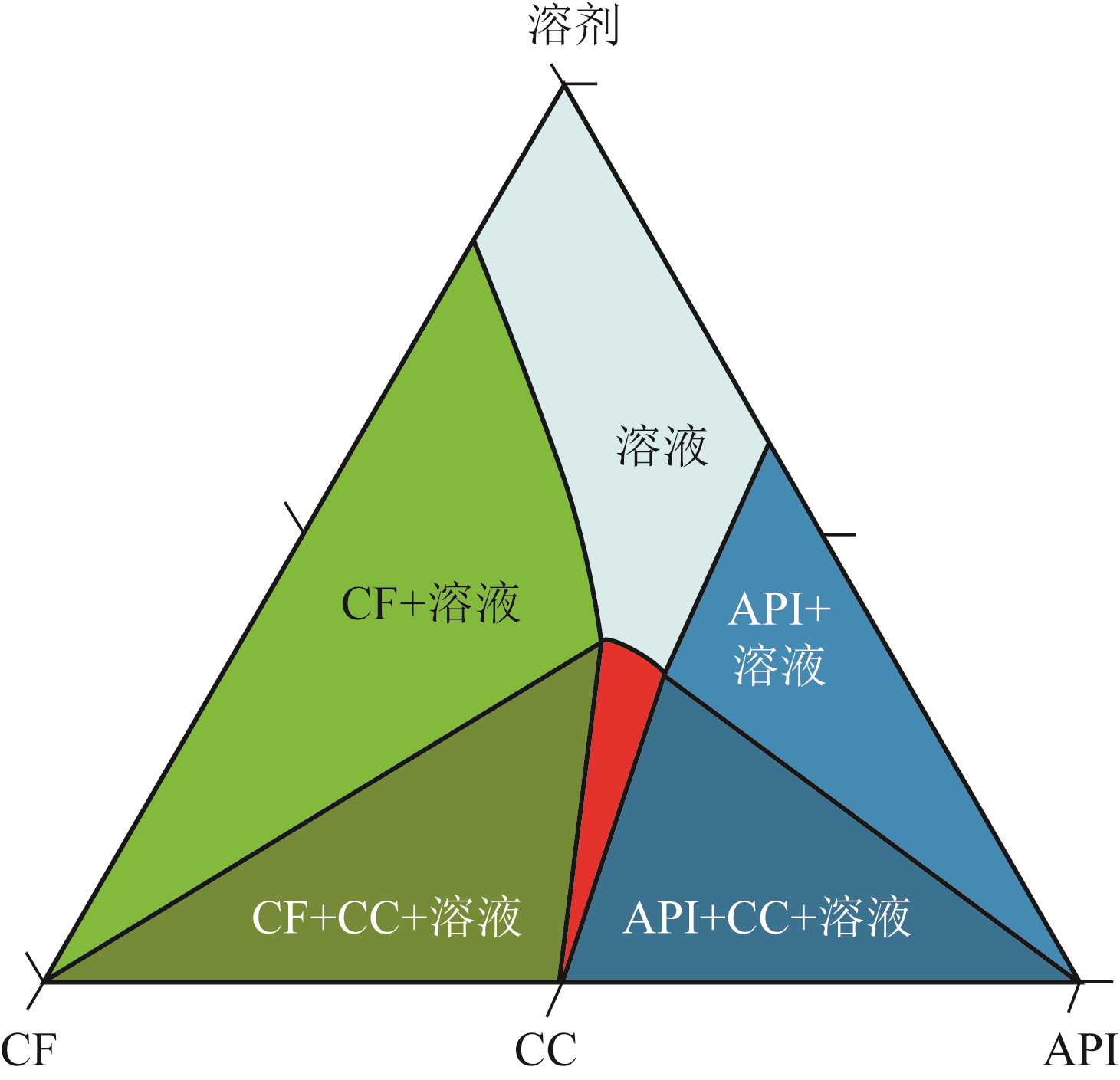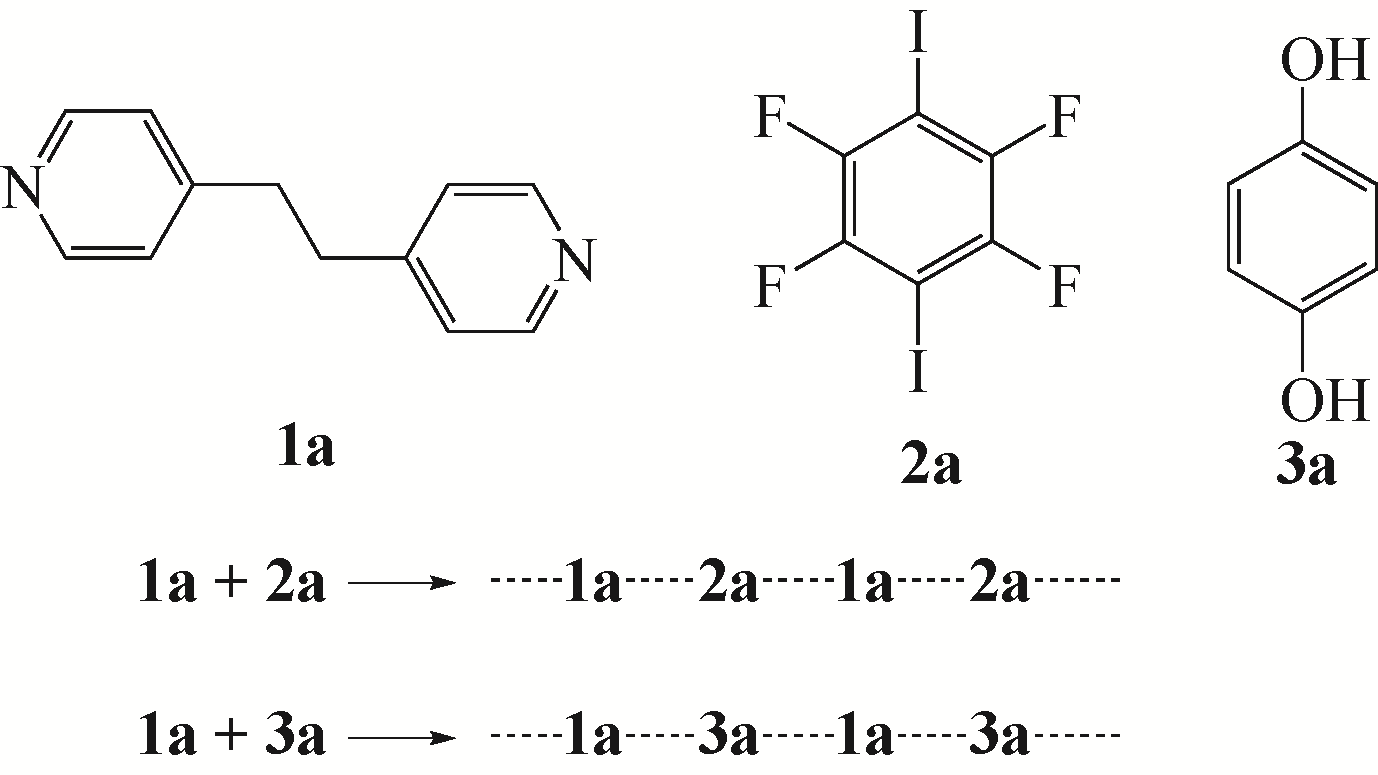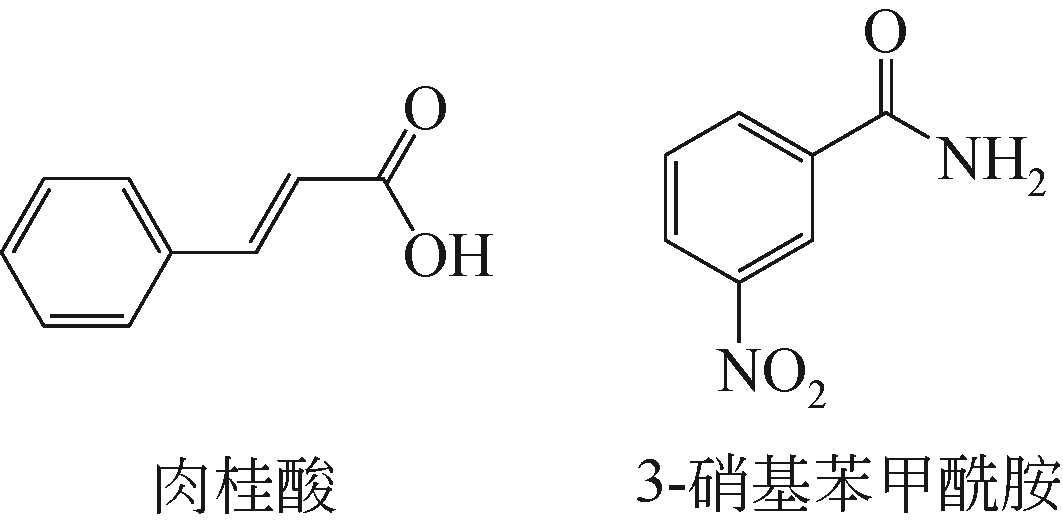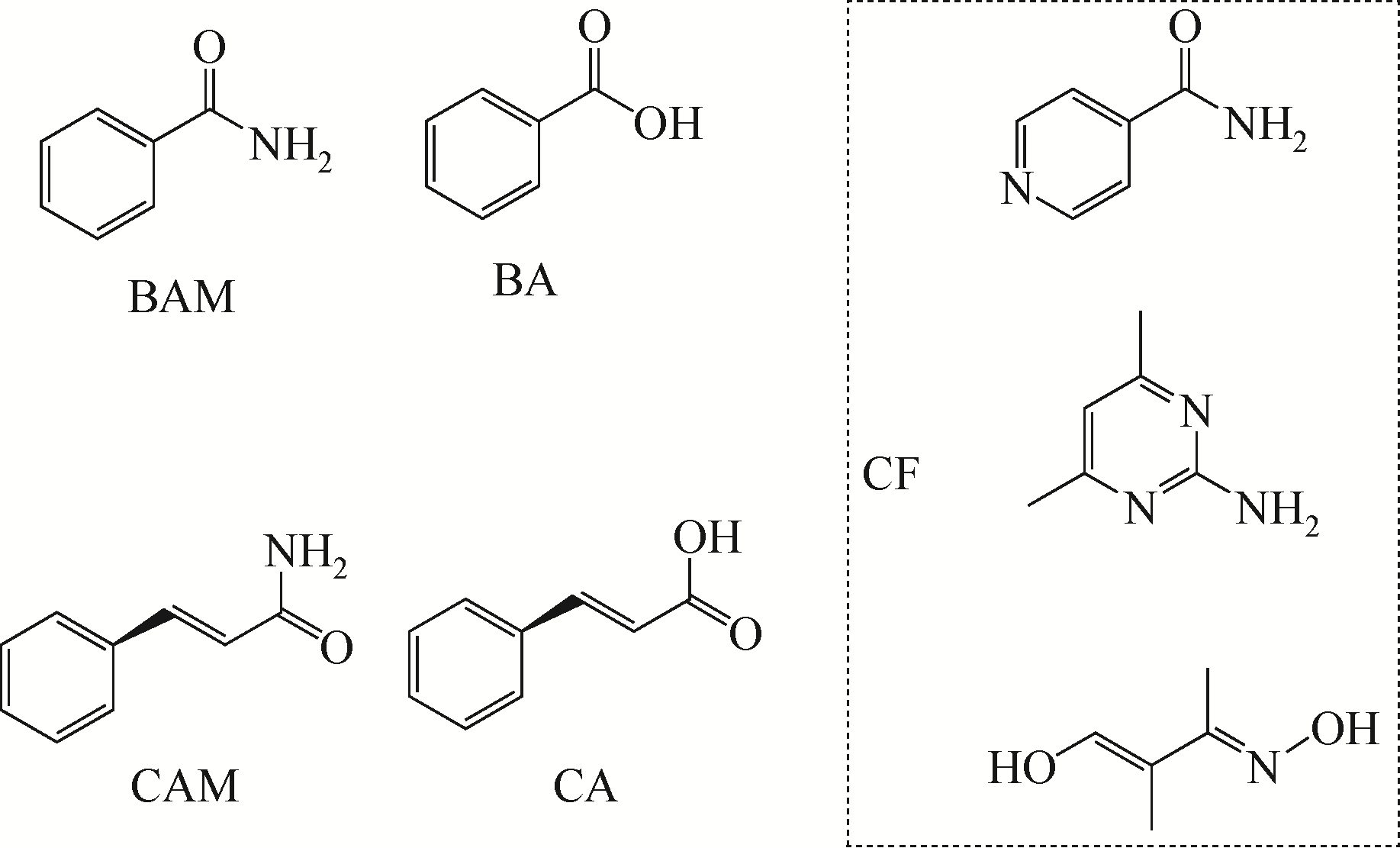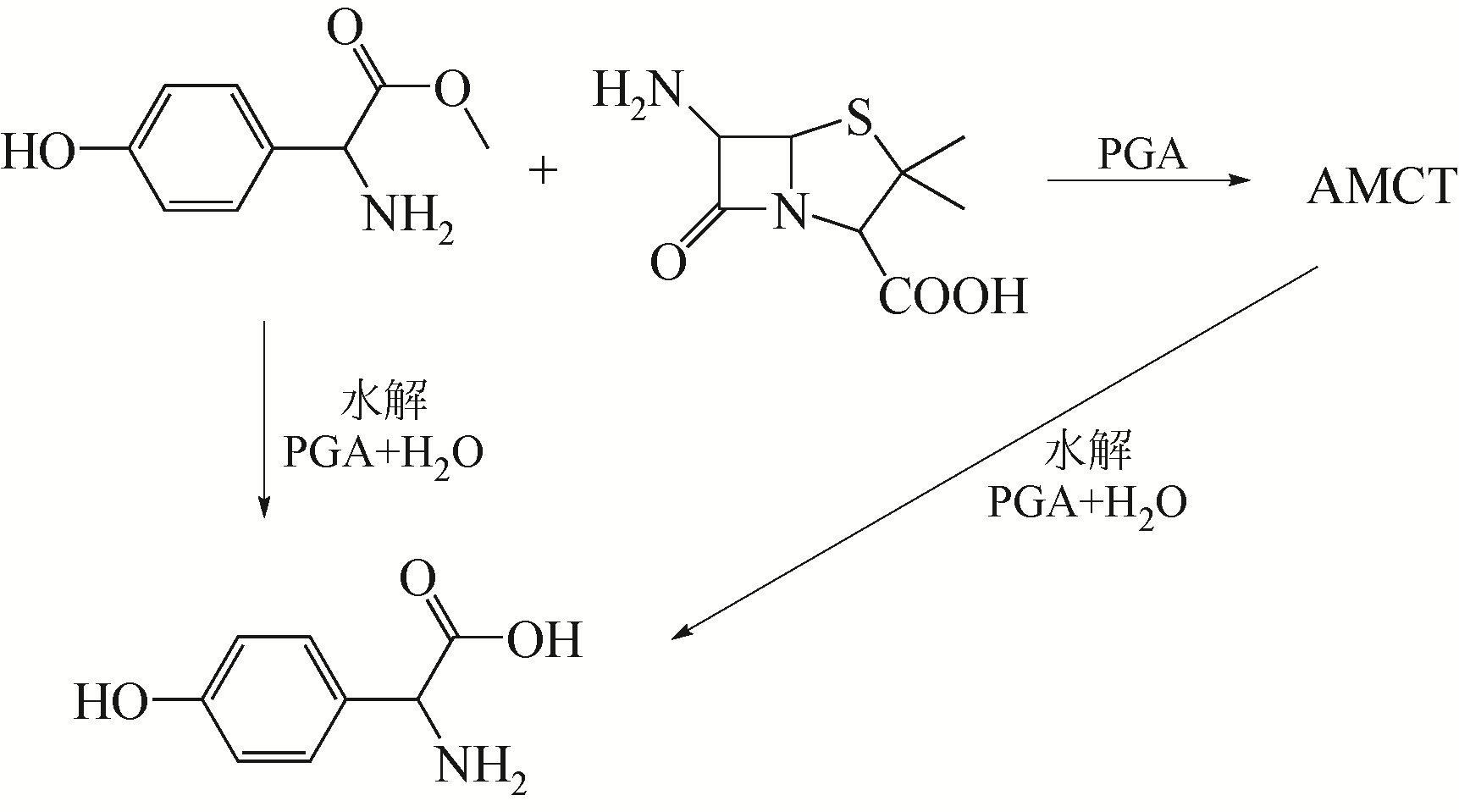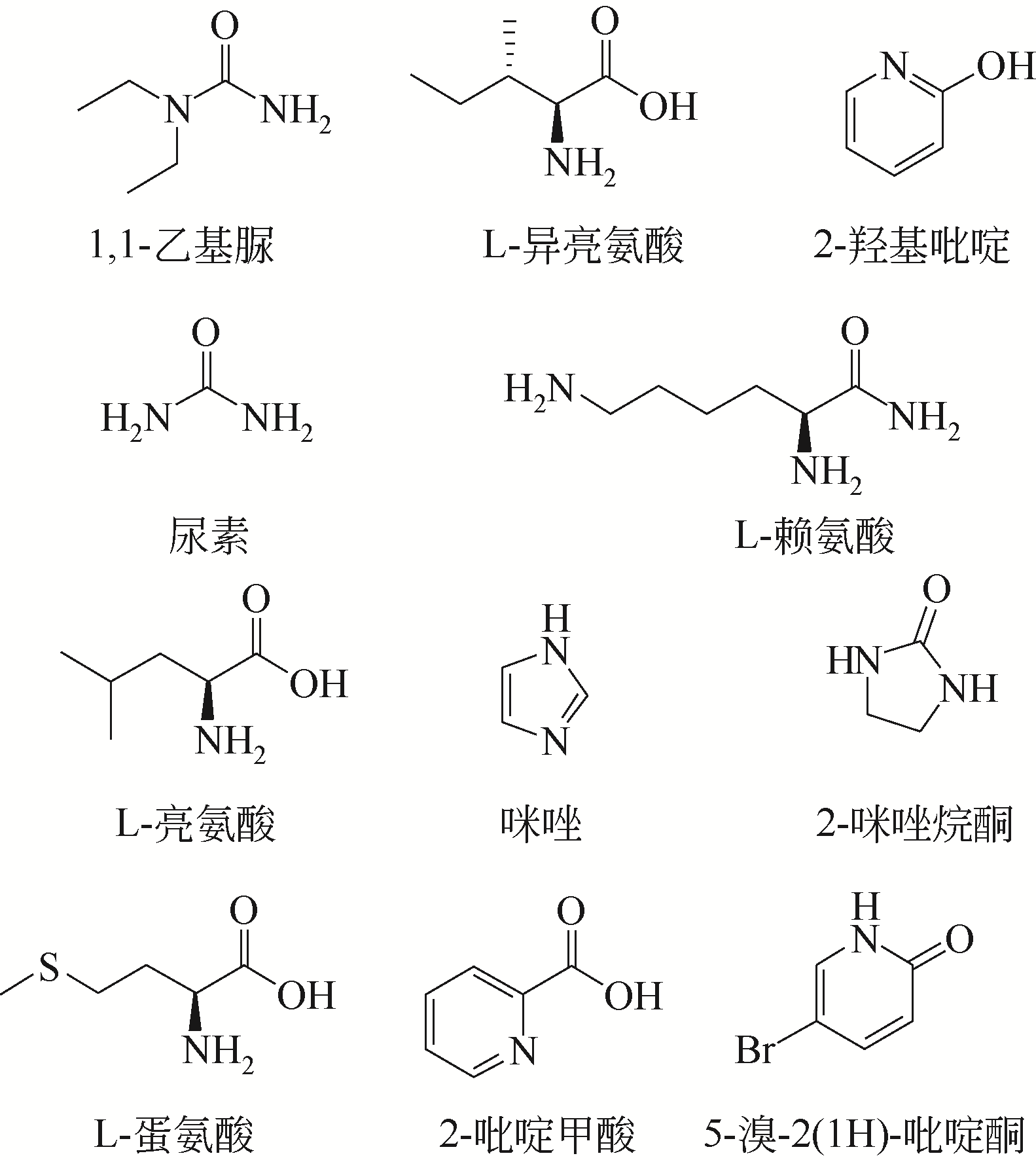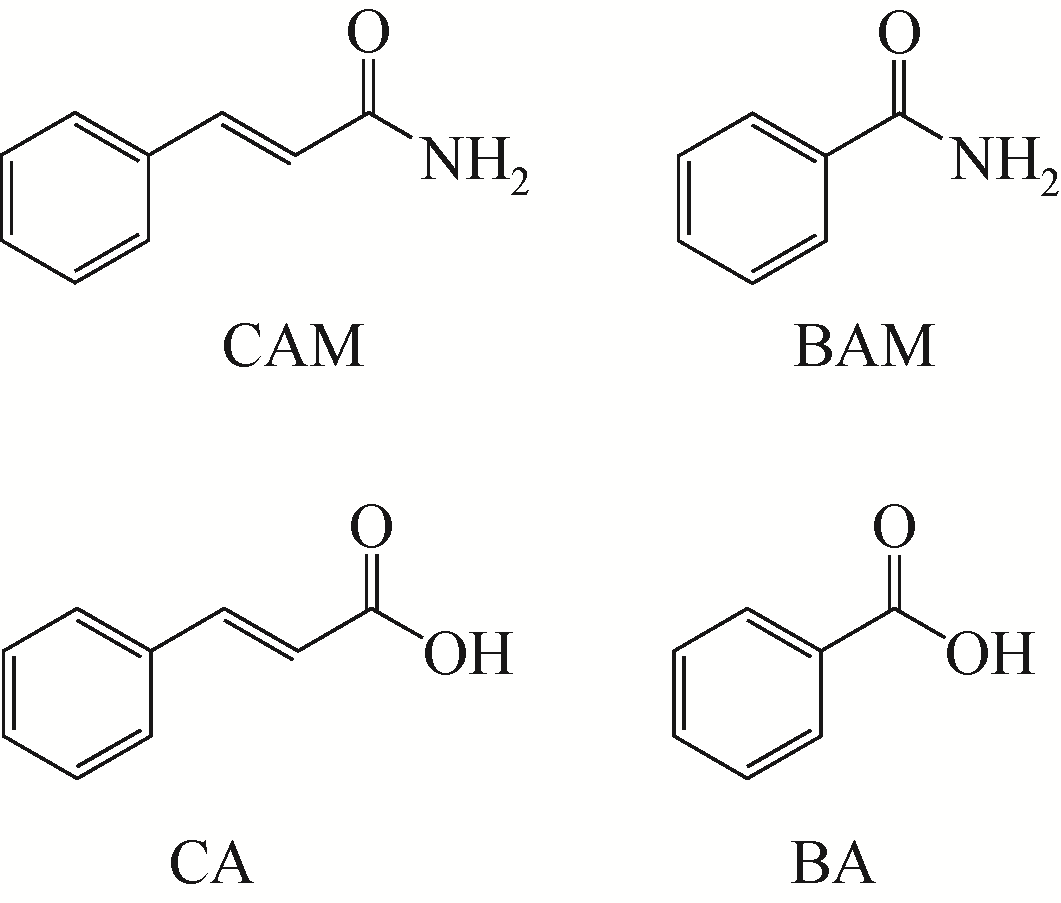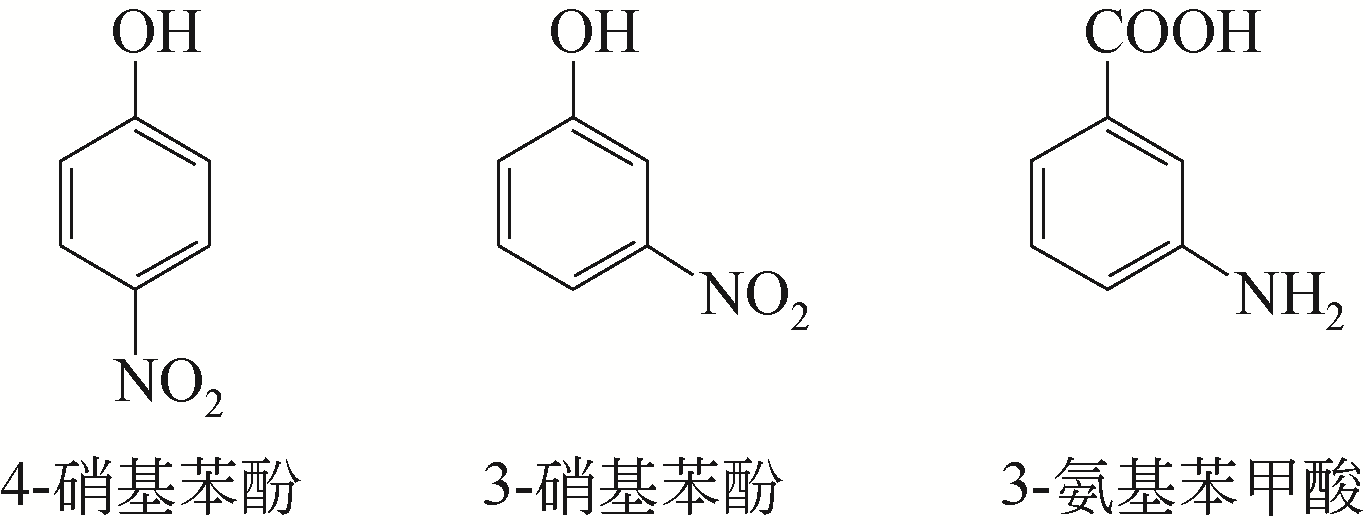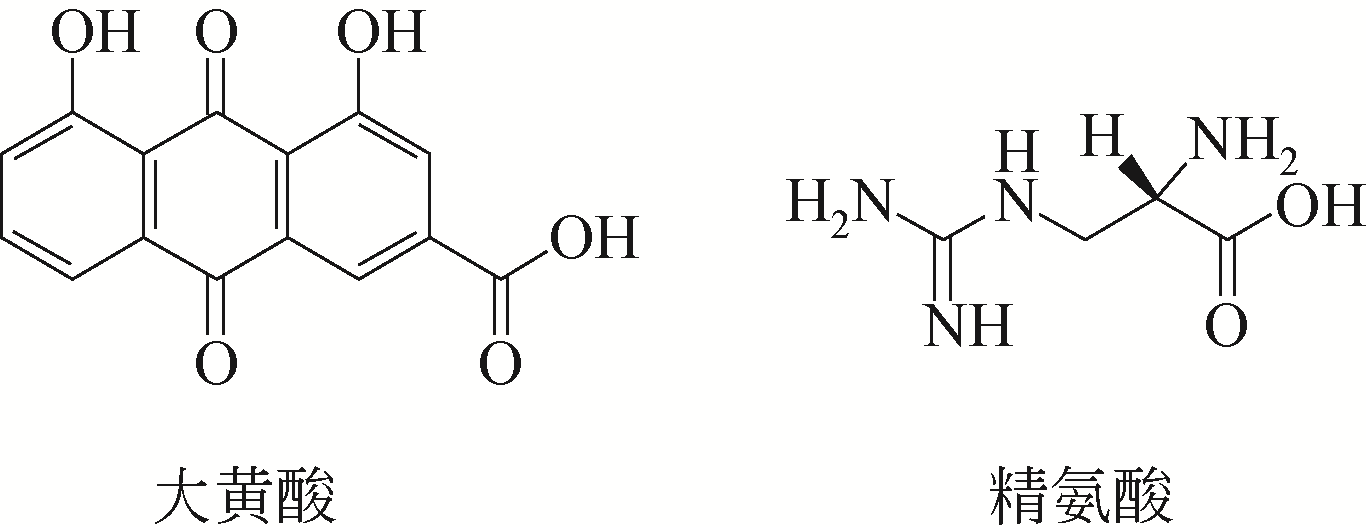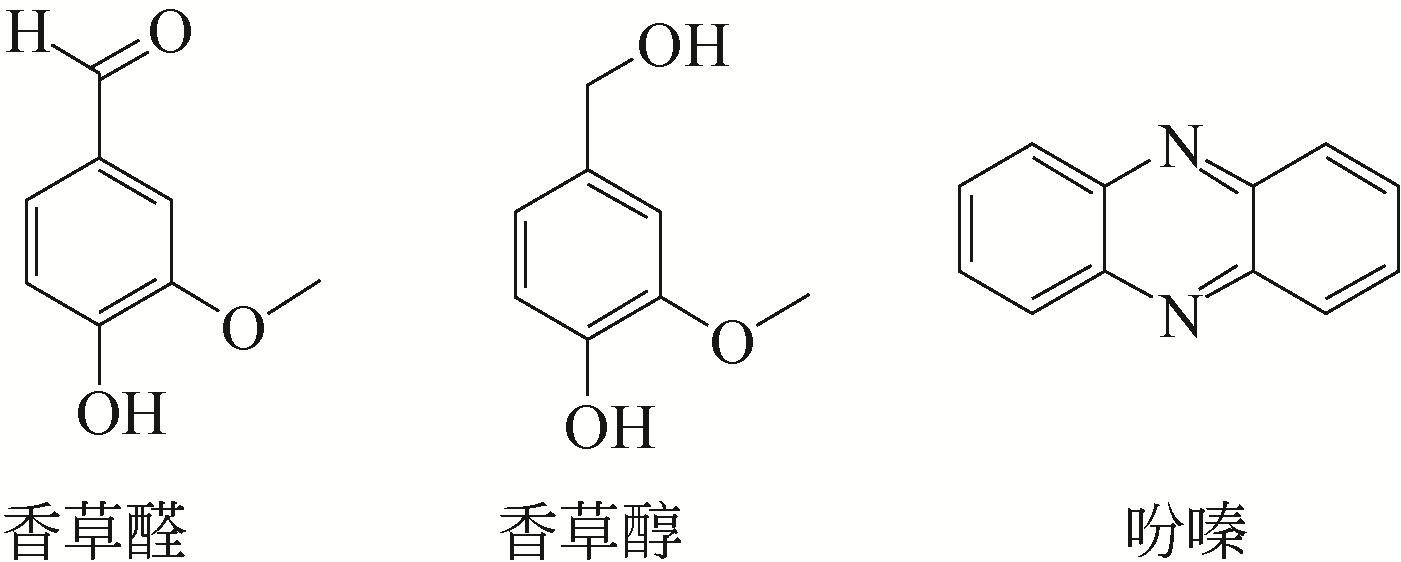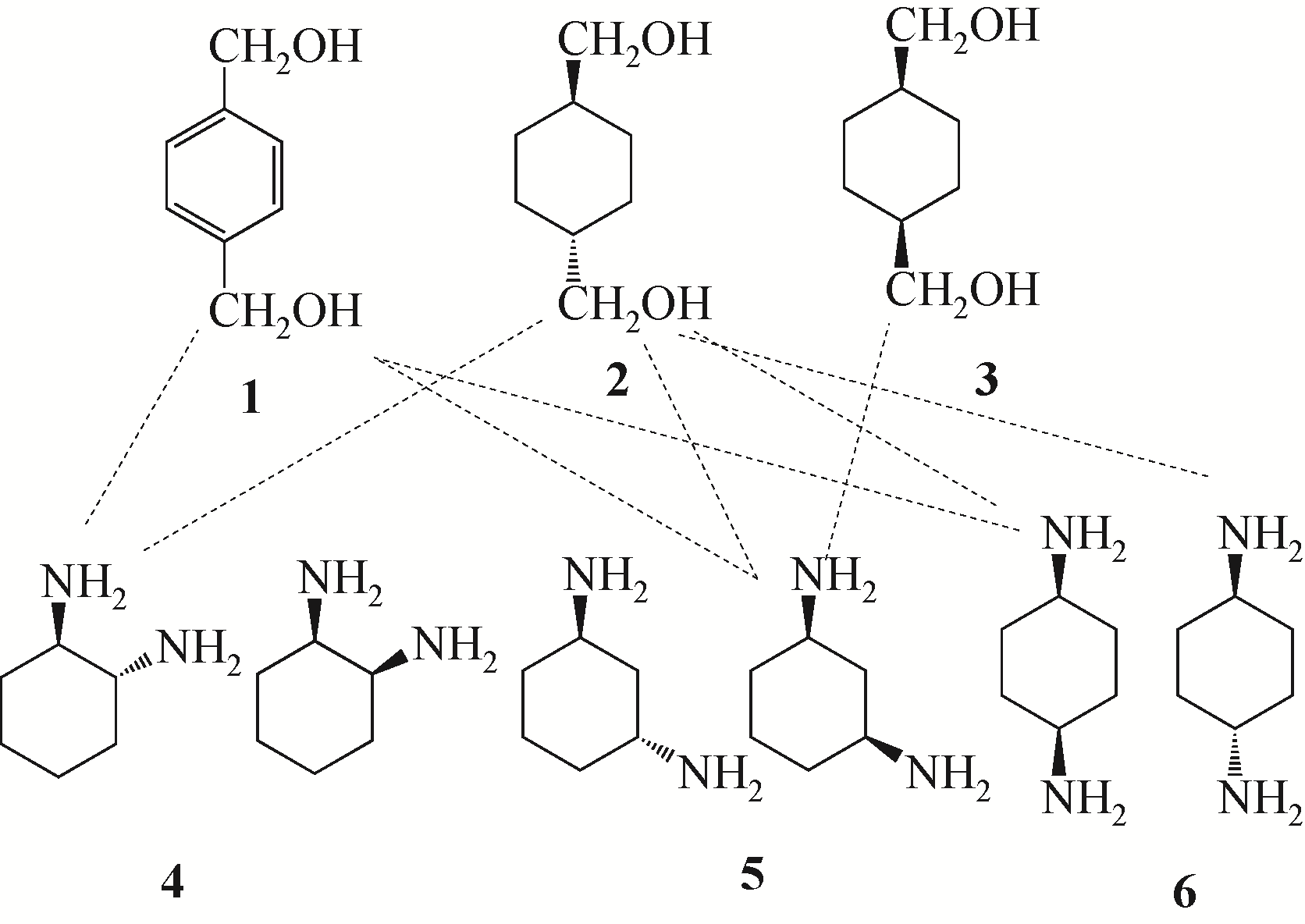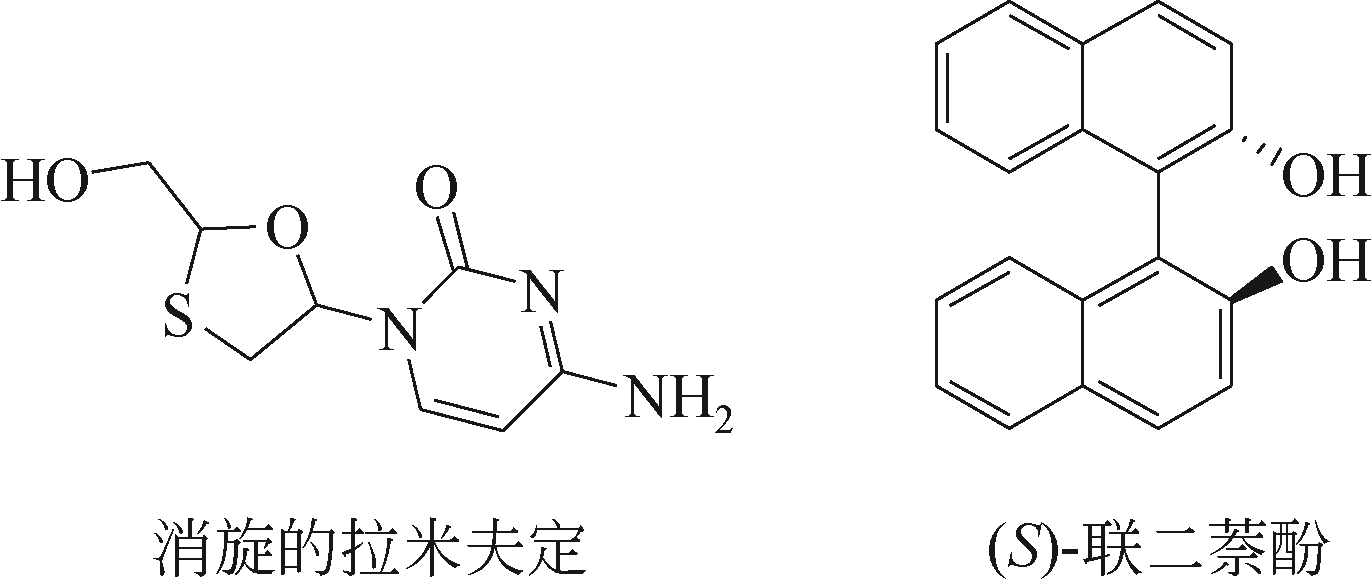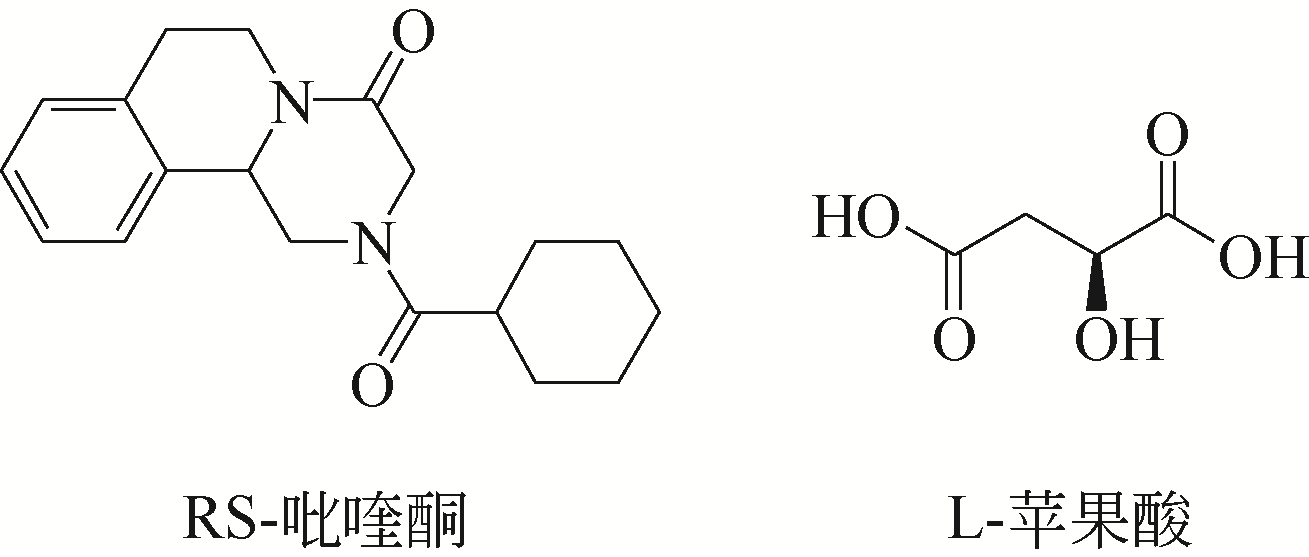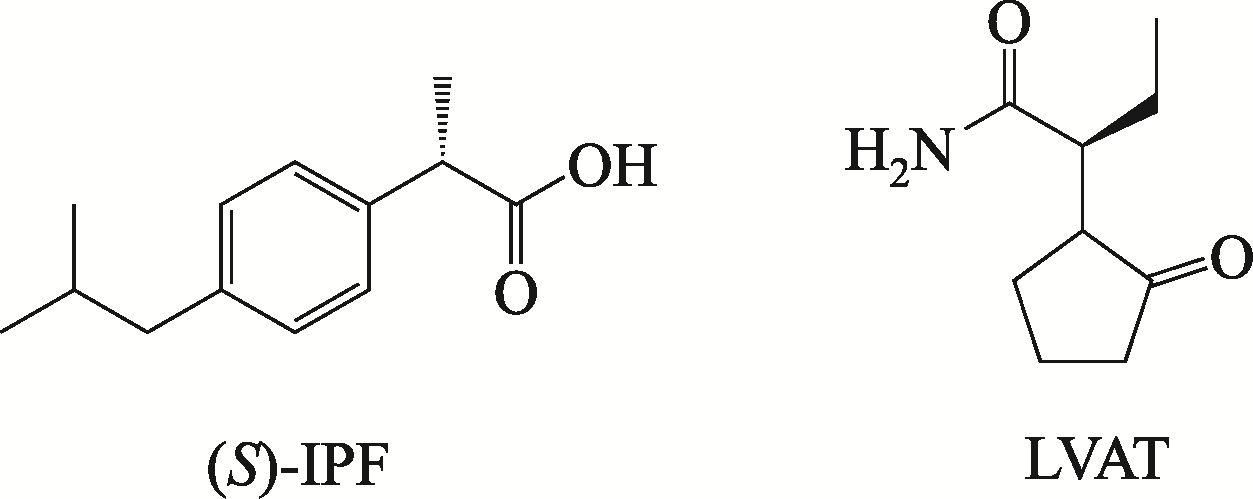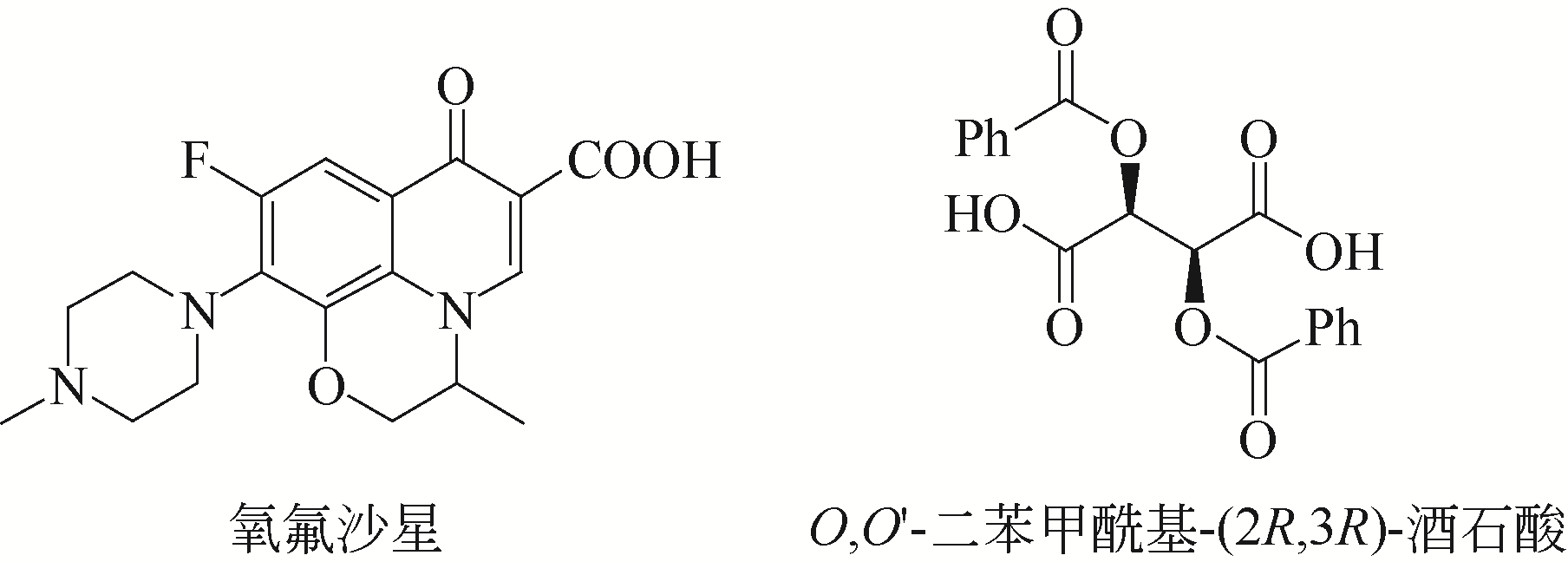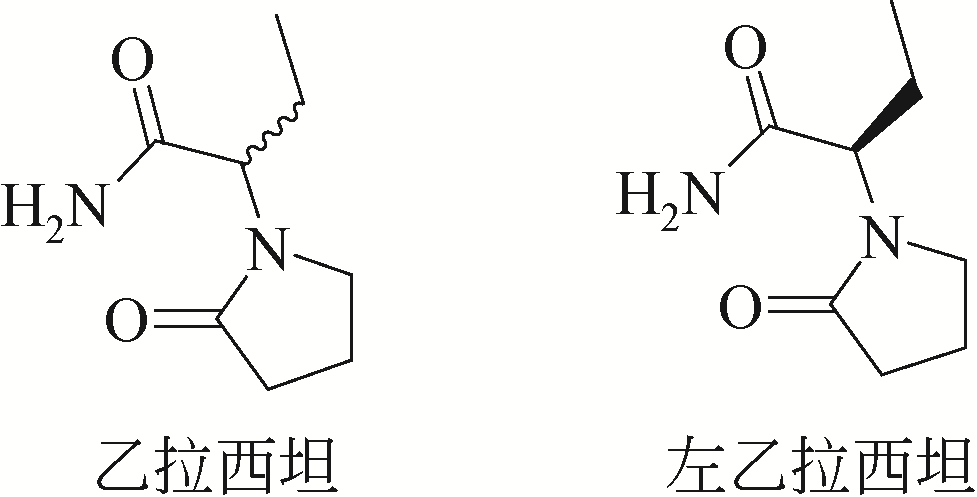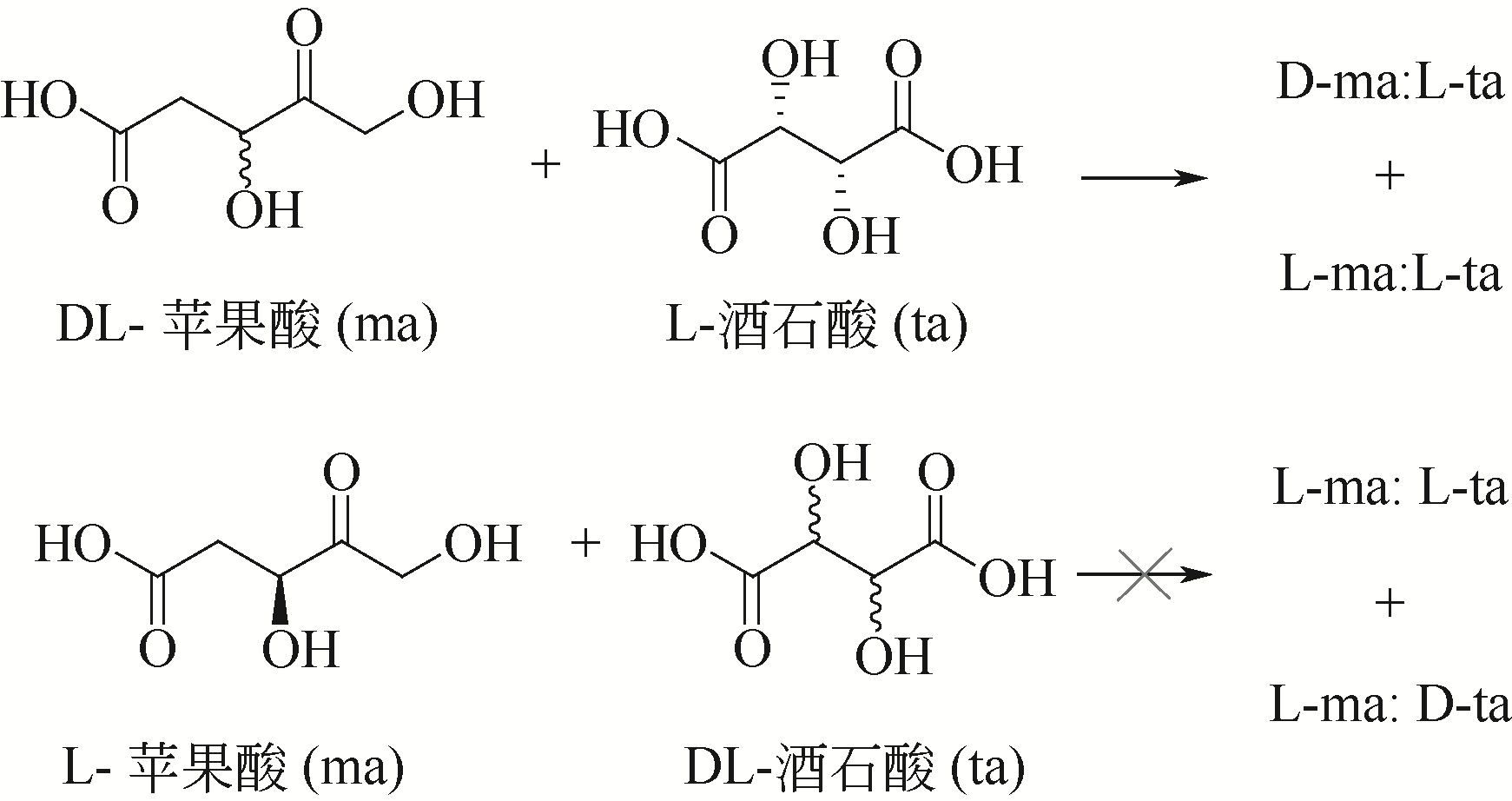Chemical Industry and Engineering Progress ›› 2020, Vol. 39 ›› Issue (1): 311-319.DOI: 10.16085/j.issn.1000-6613.2019-0620
• Materials science and technology • Previous Articles Next Articles
Progress in co-crystallization as a separation technology
Chengjun JIANG1( ),Guilin CHENG2
),Guilin CHENG2
- 1. School of Biological and Chemical Engineering, Zhejiang University of Science & Technology, Hangzhou 310023, Zhejiang, China
2. Academy of Chinese Medical Sciences, Zhejiang Chinese Medical University, Hangzhou 310053, Zhejiang, China
-
Received:2019-04-18Online:2020-01-14Published:2020-01-05 -
Contact:Chengjun JIANG
共结晶分离技术研究进展
- 1. 浙江科技学院生物与化学工程学院,浙江 杭州 310023
2. 浙江中医药大学中医药科学院,浙江 杭州 310053
-
通讯作者:蒋成君 -
作者简介:蒋成君(1981—),男,博士,高级工程师。E-mail: <email>jcj312@163.com</email>。 -
基金资助:国家自然科学基金(21602206)
CLC Number:
Cite this article
Chengjun JIANG, Guilin CHENG. Progress in co-crystallization as a separation technology[J]. Chemical Industry and Engineering Progress, 2020, 39(1): 311-319.
蒋成君, 程桂林. 共结晶分离技术研究进展[J]. 化工进展, 2020, 39(1): 311-319.
share this article
Add to citation manager EndNote|Ris|BibTeX
URL: https://hgjz.cip.com.cn/EN/10.16085/j.issn.1000-6613.2019-0620
| 1 | 杨启炜, 鲍宗必, 邢华斌, 等 . 离子液体萃取分离结构相似化合物研究进展[J]. 化工进展, 2019, 38(1): 91-99. |
| YANG Qiwei , BAO Zongbi , XING Huabin , et al . Research progress on the extractive separation of structurally-related compounds by ionic liquids[J]. Chemical Industry and Engineering Progress, 2019, 38(1): 91-99. | |
| 2 | VARIANKAVAL N , COTE A S . From form to function: crystallization of active pharmaceutical ingredients[J]. AIChE Journal, 2018, 54(7): 1682-1688. |
| 3 | AKERÖY C B , FASULO M E , DESPER J . Cocrystal or salt: does it really matter?[J]. Molecular Pharmaceutics, 2007, 4 (3): 317-322. |
| 4 | BOLLA G , NANGIA A . Pharmaceutical cocrystals: walking the talk[J]. Chemical Communications, 2016, 52: 8342-8360. |
| 5 | ROY L, LIPERT M P , RODRIGUEZ-HORNEDO N . Co-crystal solubility and thermodynamic stability [M]// Pharmaceutical salts and co-crystals. London: The Royal Society of Chemistry, 2012. |
| 6 | 程桂林, 邓彩赟, 蒋成君 . 姜黄素-邻苯二酚共晶溶度积的研究[J]. 中国现代应用药学, 2018, 35(5): 623-627. |
| CHENG Guilin , DENG Caiyun , JIANG Chengjun . Research on solubility products of curcumin-catechol co-crystal [J]. Chinese Journal of Modern Applied Pharmacy, 2018, 35(5): 623-627. | |
| 7 | CHIARELLA R A , RODRÍGUEZ-SPONG B , RODRÍGUEZ- HORNEDO N . Phase solubility diagrams of cocrystals are explained by solubility product and solution complexation [J]. Crystal Growth & Design, 2006, 6(2): 592-600. |
| 8 | NEHM S J , DAVEY R J , PETERSON M L . Making co-crystals: the utility of ternary phase diagrams[J]. Crystal Growth & Design, 2007, 7(7): 1223-1226. |
| 9 | CHADWICK K , DAVEY R , SADIQ G , et al . The utility of a ternary phase diagram in the discovery of new co-crystal forms[J]. CrystEngComm, 2009, 11: 412-414 |
| 10 | LANGE L , SADOWSKI G . Thermodynamic modeling for efficient cocrystal formation[J] Crystal Growth & Design, 2015, 15: 4406-4416. |
| 17 | WEBER C C , WOOD G P F , KUNOV-KRUSE A J , et al . Quantitative solution measurement for the selection of complexing agents to enable purification by impurity complexation[J]. Crystal Growth & Design, 2014, 14(7): 3649-3657. |
| 18 | PONS-SIEPERMANN C A , HUANG S , MYERSON A S . Purification of nitrophenols using complex assisted crystallization[J]. Cryst Eng Comm., 2016, 18: 7487-7493. |
| 11 | DESIRAJU G R . Supramolecular synthons in crystal engineering: a new organic synthesis[J]. Angewandte Chemie: International Edition, 1995, 34: 2311-2327. |
| 12 | CORRADI E , MEILLE S V , MESSINA M T , et al . Halogen bonding versus hydrogen bonding in driving self-assembly processes[J]. Angewandte Chemie: International Edition, 2000, 39(10): 1782-1786. |
| 19 | 华一卉, 单琪媛, 丛晓东, 等 . 共晶法在天然植物成分的提取纯化中的应用——以大黄酸为例[J]. 中华中医药学刊, 2013, 31(4): 727-730. |
| HUA Yihui , SHAN Qiyuan , CONG Xiaodong , et al . Application of an effective cocrystal method in Chinese medicinal plant components preparative isolation and purification-preparative isolation and purification of Rhein by cocrystal method[J]. Chinese Archives of Traditional Chinese Medicine, 2013, 31(4):727-730. | |
| 20 | LEE T, CHEN H R , LIN H Y , et al . Continuous co-crystallization as a separation technology: the study of 1∶2 co-crystals of phenazine-vanillin[J]. Crystal Growth & Design, 2012, 12 (12): 5897-5907. |
| 21 | 黄蓓, 杨立荣, 吴坚平 . 手性拆分技术的工业应用[J]. 化工进展, 2002, 21(6): 375-380. |
| HUANG Bei , YANG Lirong , WU Jianping . Chiral resolutioin in industry practice [J]. Chemical Industry and Engineering Progress, 2002, 21(6): 375-380. | |
| 22 | SPRINGUEL G , LEYSSENS T . Innovative chiral resolution using enantiospecific co-crystallization in solution[J]. Crystal Growth & Design, 2012, 12(7): 3374-3378. |
| 23 | CAIRA M R , NASSIMBENI L R , SCOTT J L , et al . Resolution of optical isomers of 4-amino-p-chlorobutyric acid lactam by co-crystallization[J]. Journal of Chemical Crystallography, 1996, 26(2): 117-122. |
| 24 | AKAZOME M , NOGUCHI M , TANAKA O , et al . Enantiomeric recognition of alkyl phenyl sulfoxides by crystalline (R)-phenylglycyl-(R)- phenylglycine [J]. Tetrahedron, 1997, 53: 8315-8322. |
| 25 | BORTOLINI O , FANTIN G , FOGAGNOLO M , et al . Optical resolution of sulfoxides by inclusion in host dehydrocholic acid[J]. Chemical Communications, 2000(5): 365-366. |
| 26 | KLUSSMANN M , IZUMI T , WHITE A J P , et al . Emergence of solution-phase homochirality via crystal engineering of amino acids[J]. Journal of the American Chemical Society, 2007, 129: 7657-7660. |
| 27 | IWAMA S , KUYAMA K , MORI Y , et al . Highly efficient chiral resolution of DL-arginine by cocrystal formation followed by recrystallization under preferential-enrichment conditions[J]. Chemistry: A European Journal, 2014, 20: 10343-10350. |
| 28 | GONNADE R G , IWAMA S , MORI Y , et al . Observation of efficient preferential enrichment phenomenon for a cocrystal of (DL)-phenylalanine and fumaric acid under nonequilibrium crystallization conditions[J]. Crystal Growth & Design, 2011, 11: 607-615. |
| 29 | MANOJ K , TAKAHASHI H , MORITA Y , et al . Preferential enrichment of DL-leucine using cocrystal formation with oxalic acid under nonequilibrium crystallization conditions [J]. Chirality, 2015, 27: 405-410. |
| 30 | SCOTT J L , HACHIKEN S , TANAKA K . Efficient isomeric enrichment in cocrystals of cyclohexanediamines and low molecular weight diols [J]. Crystal Growth & Design, 2008, 8: 2447-2452. |
| 31 | ROY B N, SINGH G P , SRIVASTAVA D , et al . A novel method for large-scale synthesis of lamivudine through cocrystal formation of racemic lamivudine with (S)-(-)-1,1’-bi(2-naphthol) [(S)-(BINOL)][J]. Organic Process Research & Development, 2009, 13 (3): 450-455. |
| 32 | SÁNCHEZ-GUADARRAMA O , MENDOZA-NAVARRO F , CEDILLO-CRUZ A , et al . Chiral resolution of RS-praziquantel via diastereomeric co-crystal pair formation with Lmalic acid[J]. Crystal Growth & Design, 2016, 16: 307-314 |
| 33 | HARMSEN B , LEYSSENS T . Enabling enantiopurity: combining racemization and dual-drug cocrystal resolution[J]. Crystal Growth & Design, 2018, 18, 3654-3660. |
| 34 | HARMSEN B , LEYSSENS T . Dual-drug chiral resolution: enantiospecific cocrystallization of (S)-ibuprofen using levetiracetam[J]. Crystal Growth & Design, 2018, 18: 441-448. |
| 35 | HE L C , LIANG Z R , YU G J . Green and efficient resolution of racemic ofloxacin using tartaric acid derivatives XT forming cocrystal in aqueous solution[J]. Crystal Growth & Design, 2018, 18: 5008-5020. |
| 36 | SPRINGUEL G , ROBEYNS K , NORBERG B , et al . Cocrystal formation between chiral compounds: how cocrystals differ from salts[J]. Crystal Growth & Design, 2014, 14: 3996-4004. |
| 37 | GEORGE F , TUMANOV N , NORBERG B , et al . Does chirality influence the tendency toward cocrystal formation?[J]. Crystal Growth & Design, 2014, 14(6): 2880-2892. |
| 38 | EDDLESTON M D , ARHANGELSKIS M , FRIŠČIĆ T , et al . Solid state grinding as a tool to aid enantiomeric resolution by cocrystallisation[J]. Chemical Communications, 2012, 48: 11340-11342. |
| 13 | URBANUS J , ROELANDS C P M , VERDOES D , et al . Co-crystallization as a separation technology: controlling product concentrations by co-crystals [J]. Crystal Growth & Design, 2010, 10(3): 1171-1179. |
| 14 | HSI K H Y, CHADWICK K , FRIED A , et al . Separation of impurities from solution by selective co-crystal formation [J].CrystEngComm, 2012, 14: 2386-2388. |
| 15 | HSI K H Y, CHADWICK K , FRIED A , et al . Purification of structurally similar compounds by the formation of impurity co-former complexes in solution[J]. Crystal Growth & Design, 2013, 13: 1577-1582. |
| 16 | HSI K H Y, CONCEPCION A J , KENNY M , et al . Purification of amoxicillin trihydrate by impurity conformer complexation in solution[J] CrystEngComm, 2013, 15: 6776-6781. |
| 39 | WANG N , HUANG X , GONG H , et al . Thermodynamic mechanism of selective cocrystallization explored by MD simulation and phase diagram analysis[J]. AIChE Journal, 2019, 65(5): e16570. |
| [1] | CUI Shoucheng, XU Hongbo, PENG Nan. Simulation analysis of two MOFs materials for O2/He adsorption separation [J]. Chemical Industry and Engineering Progress, 2023, 42(S1): 382-390. |
| [2] | LI Shilin, HU Jingze, WANG Yilin, WANG Qingji, SHAO Lei. Research progress in separation and extraction of high value components by electrodialysis [J]. Chemical Industry and Engineering Progress, 2023, 42(S1): 420-429. |
| [3] | GUO Qiang, ZHAO Wenkai, XIAO Yonghou. Numerical simulation of enhancing fluid perturbation to improve separation of dimethyl sulfide/nitrogen via pressure swing adsorption [J]. Chemical Industry and Engineering Progress, 2023, 42(S1): 64-72. |
| [4] | HE Meijin. Application and development trend of molecular management in separation technology in petrochemical field [J]. Chemical Industry and Engineering Progress, 2023, 42(S1): 260-266. |
| [5] | DONG Jiayu, WANG Simin. Experimental on ultrasound enhancement of para-xylene crystallization characteristics and regulation mechanism [J]. Chemical Industry and Engineering Progress, 2023, 42(9): 4504-4513. |
| [6] | LIAO Zhixin, LUO Tao, WANG Hong, KONG Jiajun, SHEN Haiping, GUAN Cuishi, WANG Cuihong, SHE Yucheng. Application and progress of solvent deasphalting technology [J]. Chemical Industry and Engineering Progress, 2023, 42(9): 4573-4586. |
| [7] | SHI Keke, LIU Muzi, ZHAO Qiang, LI Jinping, LIU Guang. Properties and research progress of magnesium based hydrogen storage materials [J]. Chemical Industry and Engineering Progress, 2023, 42(9): 4731-4745. |
| [8] | ZHU Chuanqiang, RU Jinbo, SUN Tingting, XIE Xingwang, LI Changming, GAO Shiqiu. Characteristics of selective non-catalytic reduction of NO x with solid polymer denitration agent [J]. Chemical Industry and Engineering Progress, 2023, 42(9): 4939-4946. |
| [9] | MAO Shanjun, WANG Zhe, WANG Yong. Group recognition hydrogenation: From concept to application [J]. Chemical Industry and Engineering Progress, 2023, 42(8): 3917-3922. |
| [10] | WANG Baoying, WANG Huangying, YAN Junying, WANG Yaoming, XU Tongwen. Research progress of polymer inclusion membrane in metal separation and recovery [J]. Chemical Industry and Engineering Progress, 2023, 42(8): 3990-4004. |
| [11] | XIANG Yang, HUANG Xun, WEI Zidong. Recent progresses in the activity and selectivity improvement of electrocatalytic organic synthesis [J]. Chemical Industry and Engineering Progress, 2023, 42(8): 4005-4014. |
| [12] | WANG Yaogang, HAN Zishan, GAO Jiachen, WANG Xinyu, LI Siqi, YANG Quanhong, WENG Zhe. Strategies for regulating product selectivity of copper-based catalysts in electrochemical CO2 reduction [J]. Chemical Industry and Engineering Progress, 2023, 42(8): 4043-4057. |
| [13] | WANG Xiaohan, ZHOU Yasong, YU Zhiqing, WEI Qiang, SUN Jinxiao, JIANG Peng. Synthesis and hydrocracking performance of Y molecular sieves with different crystal sizes [J]. Chemical Industry and Engineering Progress, 2023, 42(8): 4283-4295. |
| [14] | PAN Yichang, ZHOU Rongfei, XING Weihong. Advanced microporous membranes for efficient separation of same-carbon-number hydrocarbon mixtures: State-of-the-art and challenges [J]. Chemical Industry and Engineering Progress, 2023, 42(8): 3926-3942. |
| [15] | XU Peiyao, CHEN Biaoqi, KANKALA Ranjith Kumar, WANG Shibin, CHEN Aizheng. Research progress of nanomaterials for synergistic ferroptosis anticancer therapy [J]. Chemical Industry and Engineering Progress, 2023, 42(7): 3684-3694. |
| Viewed | ||||||
|
Full text |
|
|||||
|
Abstract |
|
|||||
